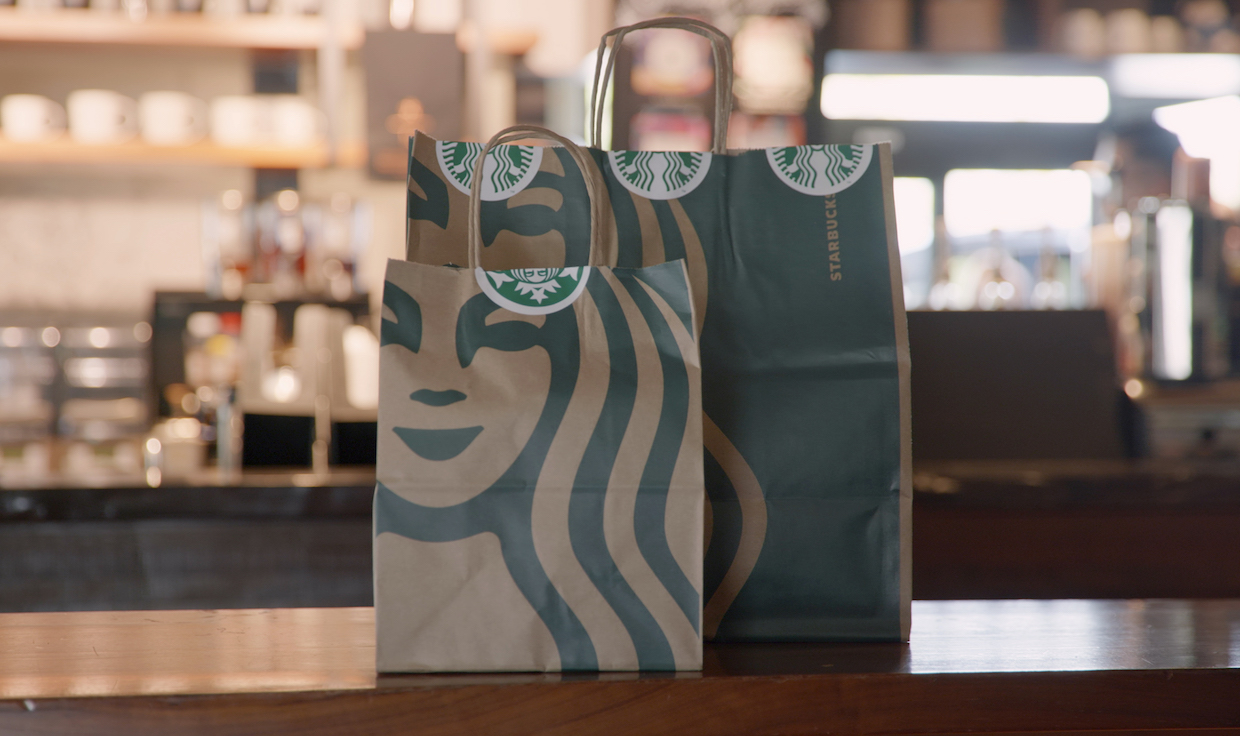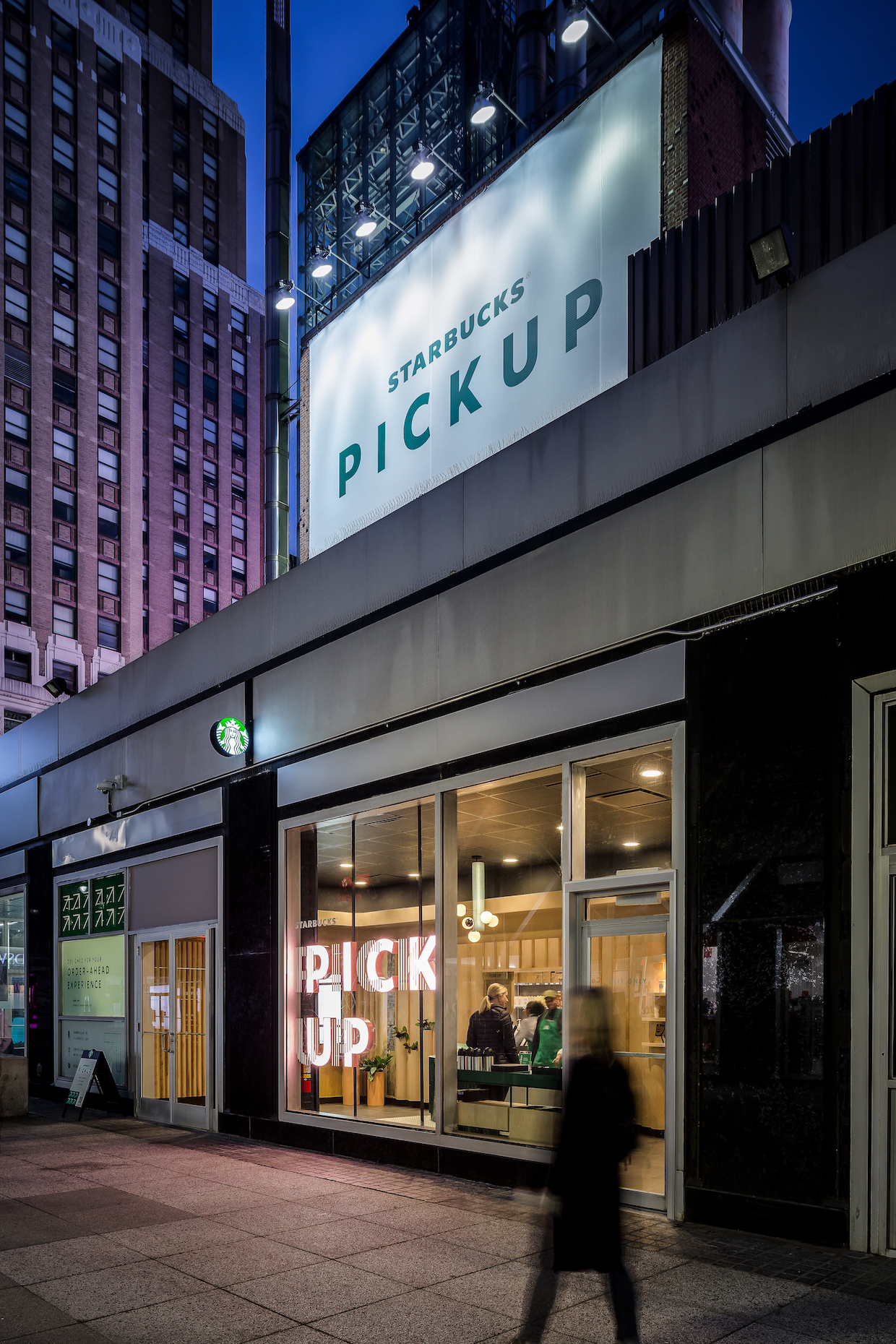The novel coronavirus pandemic of 2020 may ultimately prove to be the death knell of the fading “third place” concept for larger coffee shop chains, as caution and convenience fade into one app-based reality.
Starbucks this week announced that it is closing 400 locations while adding hundreds more over the next 18 months in what represents a “transformation of its U.S. store portfolio.”
In an SEC filing yesterday, the company estimated a quarterly loss of revenue of $3-$3.2 billion, with a quarterly loss in operating income of $2-2.2 billion.
In addition to the closings, the company announced that it has adjusted its plans for new store openings in the Americas over the next 18 months down by approximately half, to 300.
“Starbucks stores have always been known as the ’third place,’ a welcoming place outside of our home and work where we connect over a cup of coffee,” Starbucks CEO Kevin Johnson said in an announcement yesterday. “As we navigate through the COVID-19 crisis, we are accelerating our store transformation plans to address the realities of the current situation, while still providing a safe, familiar and convenient experience for our customers.”
Starbucks’ “store portfolio transformation” is likely to involve the continued elimination of standalone brick-and-mortar stores with traditional coffee bar service and ample seating — the kind of coffee shop concept that has defined U.S. coffee shop culture since the second half of the 20th century — to app-driven pick-up-only kiosks in urban areas and drive-throughs in suburban areas.
In fact, the company said about 40 to 50 of its forthcoming locations will only offer pickup or drive-through, while other stores are keeping or adding curbside pickup.
To be clear, Starbucks was already heading in this direction long before Anthony Fauci was a household name, curtailing plans to open Reserve-brand stores, partnering with Uber Eats for delivery service, and launching its own pickup-only store concept in November of last year.
For some retailers, the “new normal” was already underway.
Nick Brown
Nick Brown is the editor of Daily Coffee News by Roast Magazine.








Comment